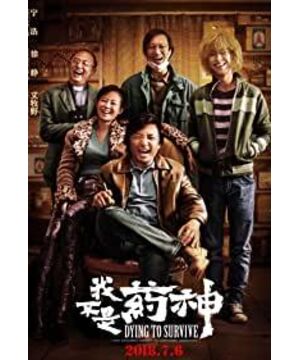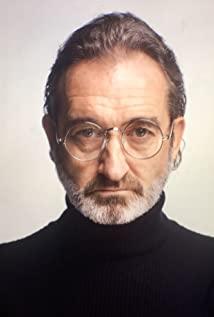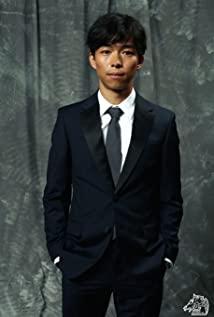When the film came to the end, Zhang Jie and Zhang Bichen's "As Long as Ordinary" sounded, and many viewers realized the tears that had not been wiped off their cheeks. Yes, we haven't been moved by domestic films for a long time. Huge investments and big stars are flooded on the screen. The same fantasy themes and exaggerated script and acting skills themselves have piled up fantastic pictures of the times. People find all kinds of subjective and objective explanations for the vacancies and deficiencies of domestic films in realistic themes. And the film "I'm Not the God of Medicine" easily destroys these excuses with its silent and real power.
The predicament of the characters displayed in the first five minutes of the opening has fully proved the superb skills of director Wen Muye. This also becomes the theme of the whole movie. All the characters that appear are living in predicament, from the poverty and embarrassment of the businessman Cheng Yong, the pain and helplessness of the patient Lu Yiyi, the difficult survival of the mother Sihui, to the inner entanglement of the priest and the teenager. Each character has a small amount of ink, and a few simple strokes quickly outline their abundant ideals and reality. And their plight is so ordinary and trivial, like the real life around them, rather than an empty grand narrative. Quickly arranged detailed shots and rough scenes approaching reality instantly put the viewer in the scene of survival, and emotions closely follow the fate of the characters.
With the foreshadowing of these real dilemmas, the controversial topic of medicine has a powerful force to move people's hearts. This opens up the story, extending from personal ups and downs to the industry, and even to philosophical propositions such as health protection and ultimate care. The fateful illness has become the background of sadness. On top of it, Ning Hao and Xu Zheng's well-versed comedy skills have formed a great tension with it. The more vivid and natural the humor, the harder and colder the sadness and grief appear. This is the essence of a successful comedy, which makes the viewer, after laughing, quickly become saddened by the helplessness of the character's fate, and then burst into laughter in the next little warmth or humor.
What's more clever is that the director assigns emotional explosions to the tortuous experiences of the protagonists, but places the core sentences that trigger thoughts on the inconspicuous supporting characters, from counterfeit medicine liars who classify poverty as a disease, to law enforcement officers. The tangled conflicts of legal reason and reason in the body are all further development of the core conflict at the level of human nature. When the old man stood up tremblingly and defended the drug dealer with a gentle but firm tone, her shallow words were full of compassion and concern for individual life, and she thought deeply about the topic of life and death. Those unanswerable questions summed up all the contradictions and conflicts before this.
When we connect the initial predicament with the questioning of the elderly, the film goes beyond social topics such as drug price control, property rights protection and medical care, and enters the ultimate philosophical level of thinking. This is also the fundamental reason why the film moved people's hearts and formed a movie-watching craze. The story it tells is likely to happen to everyone, and the theme it tries to express is also the real torture that every life must face.
There are many types of elements such as speeding car chases, fleeing pursuits, etc. The fast-cut shots and smooth narrative highlight the director's skills, and the plots and conflicts that are closely related to reality are presented in a detailed and profound way. This has become a model work of realistic themes in domestic films. At this moment when we are tired of watching the fictional narrative and crossing the palace battle, this kind of truth hits the soul and taps the heart, it makes us look back at our own life again. As written in the lyrics of the ending song, we are born ordinary, without the aura of God. We are faced with similar predicaments and joys and sorrows of the protagonists, and we are also unable to escape the torture of life and death. And the moving brilliance of the little people, the warmth and support of the weak and the forging ahead, will also become a great force that illuminates the way forward.
Published in "Pu'er" magazine.
View more about Dying to Survive reviews











